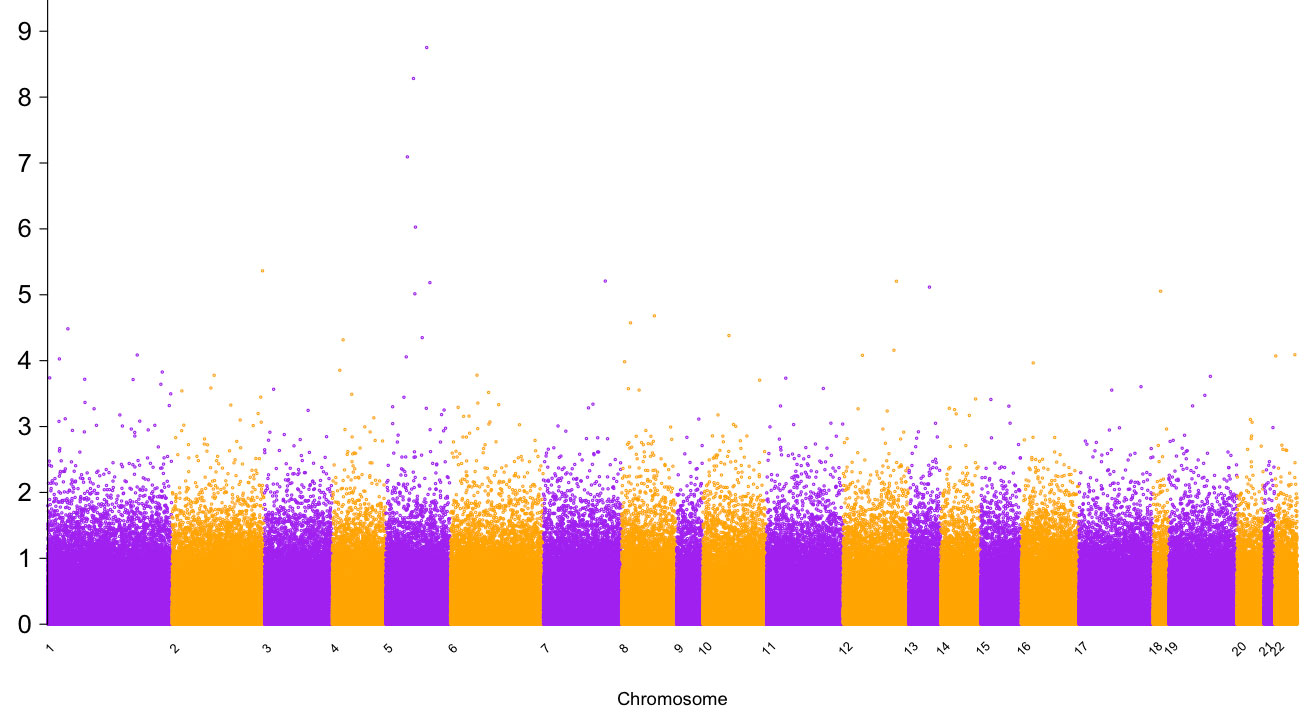Epigenetic Toxicology
Our lab has also been one of the leaders in examining and demonstrating that exposures associated with diseases such as human cancers and diseases of development are associated with these microRNA alterations, both through our population-based examinations as well as through experimental in-vitro work. We were one of the first to examine how exposures and cell stressors in-vitro can affect the profile of expression of miRNA (Marsit, et al Cancer Res 2006), and have recently demonstrated that the highly ubiquitous toxicant bisphenol-A, may, in part, exert its effects through alterations of miRNA expression (Avissar et al, Reprod Toxicology, 2010). This line of research provides a more complete understanding of the role of epigenetic alterations in toxicology and carcinogenesis and we believe hold great promise as markers of disease risk, patient prognosis or treatment response.
We have also utilize genome-wide DNA methylation profiling to begin to un-cover how exposures may elicit their toxic effects through alterations of the epigenome. Using human cord blood and biomarker-based assessments of trace metals exposure, we have identified a series of genes and loci with altered DNA methylation associated with in utero arsenic exposures. Through this work, our collaborating biostatisticians, Devin Koestler at Dartmouth and E. Andres Houseman at Oregon State, have developed the analytical tools necessary to analyze this type of high dimensional complicated epigenetic data. Future studies along these lines will aim to identify how additional environmental exposures in utero, alone and in combination, effect the epigenome both in cord blood as well as in other functionally relevant tissues such as the placenta.
